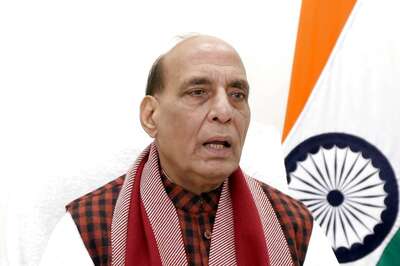
views
London: Sleeplessness may have a cure soon, apart from the regular medical treatment.
Scientists are trying to develop an artificial human body clock, which could help fight insomnia.
Researchers at the University of Edinburgh will make use of digital technology to imitate the mechanism of chemicals in the brain, which influence internal timings.
The scientists are trying to place the key genes and proteins, which are related to the "cogs and wheels" of the human body clock, to see if they generate the same rhythmic signals that humans experience.
The results are also expected to shed light on why humans sleep when they do, how quickly patterns can be changed, and what causes sleeplessness.
"The aim was to start with basic clocks and make them progressively more complicated," The Scotsman quoted professor Andrew Millar, of the university's school of biological sciences, as saying.
"We will use the genetic information which we have at our disposal. Leading edge technologies will introduce our synthetic 'clockwork' on to the yeast," he said.
"This will test how much we currently understand about the biological clock," he added.



















Comments
0 comment